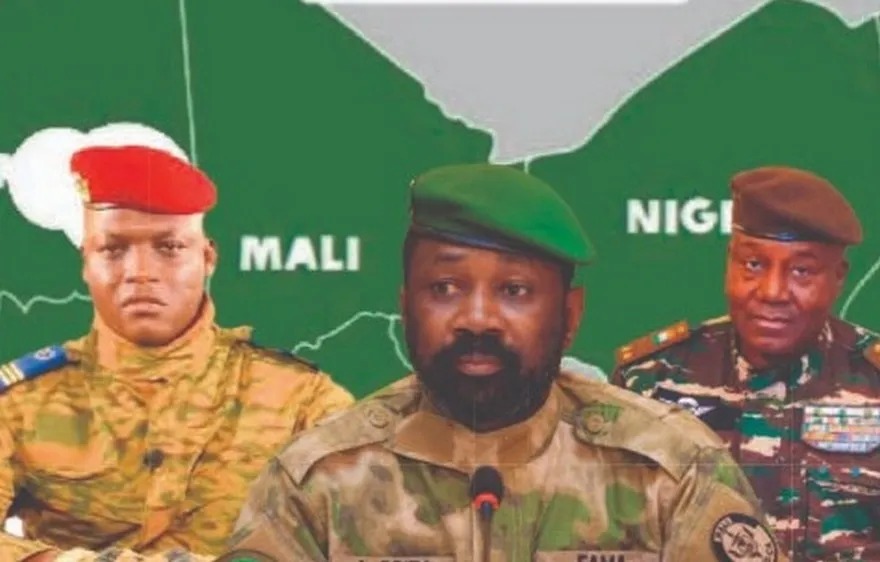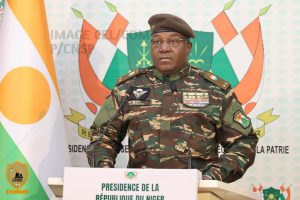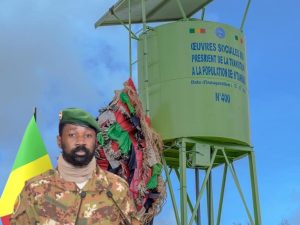West Africa: The West’s inconsistencies in its foreign policy towards the AES

The Western world often appears entangled in a contradictory dance, where rules seem to flex depending on the key players. This dichotomy was starkly illuminated recently in the West’s responses to two distinct scenarios: Ukraine and the Alliance of Sahel States (AES), encompassing Burkina Faso, Mali, and Niger.
When President Volodymyr Zelensky announced the suspension of all political party activities, the West remained conspicuously silent, with some media outlets even applauding this decision.
However, when a similar move was made by President Assimi Goïta within the Alliance of Sahel States (AES), a barrage of criticism erupted.
Media outlets, often with hidden agendas, vehemently opposed this measure.
The irony peaks when comparing reactions to Zelensky’s stance on forgoing elections and emphasizing combat, contrasting with the approach towards Burkina Faso and Mali, also grappling with conflicts.
While Zelensky was nearly celebrated, pressure mounts on Burkina Faso and Mali to conduct elections, backed by threats of sanctions.
Even more troubling, the West offers financial incentives to promote these elections, while overlooking the crucial support needed to combat terrorism plaguing the region.
This glaring double standard begs the question: are Western actions driven by a genuine pursuit of democracy and stability, or are ulterior motives steering their course?
Papa IBRAHIMA






